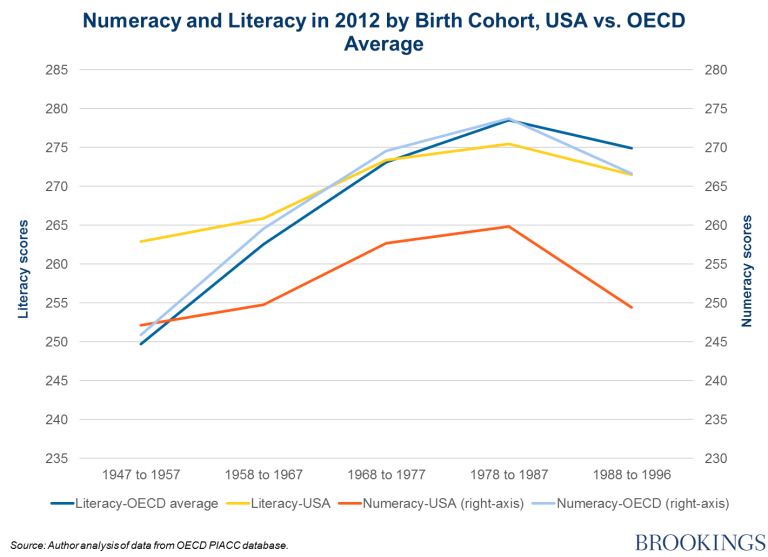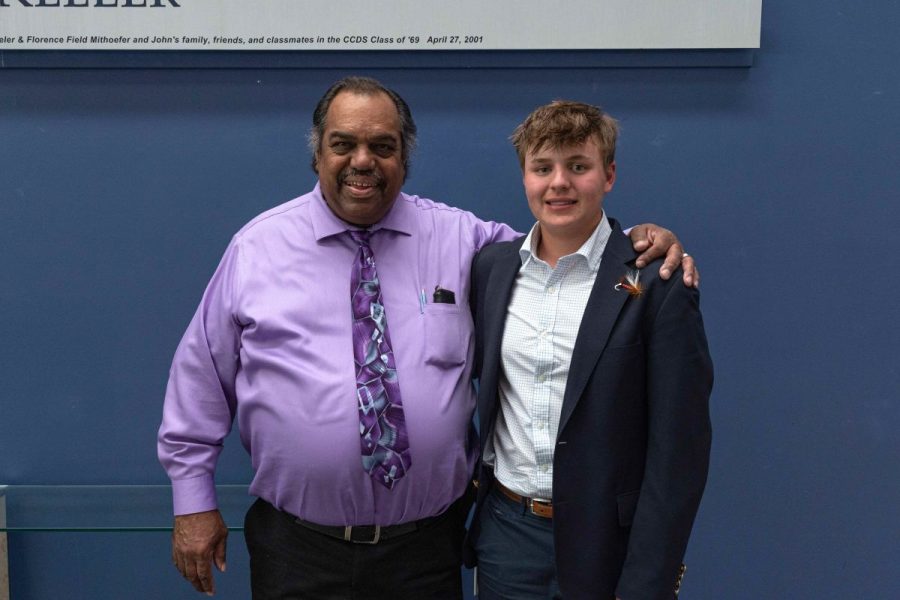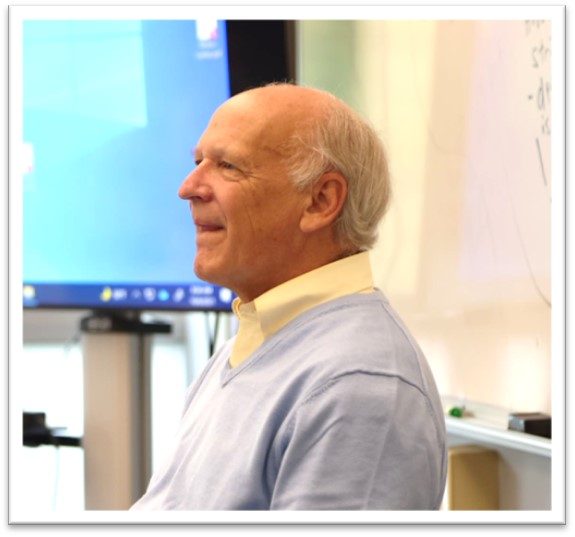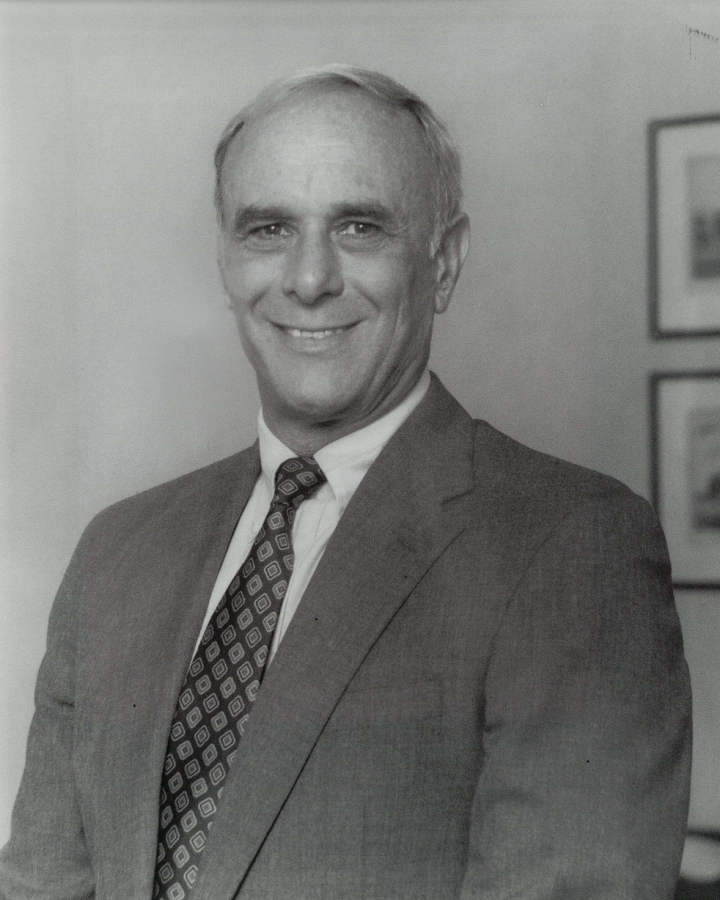By Elizabeth Grace, ’15, Perspectives Co-Section Editor
This year the Modern Language Department has added Lingua Meeting
to its Upper School classes. With this program, students can speak to a native speaker of either French or Spanish in a setting very similar to Skype. It’s a great opportunity to practice speaking, which is arguably the most important aspect of learning a language.
The Language Department first learned of Linguameeting at Xavier University. Though the program had been primarily implemented in college courses, Modern Language Department Chair Dr. Jeanette Hecker explained that “the owner of Linguameeting, Elena Casillas, was interested in working with a high school but was having difficulties finding one where the technology would not pose a problem.” With Country Day’s one-to-one tablet program, technology certainly would not be an obstacle.
For each session, Country Day teachers give the Linguameeting instructors information on current class topics, which then become the focuses of conversation. This not only allows students more practice with speaking outside of class, but renders classwork more manageable by giving students chances to use what they have learned. Outside of the classroom atmosphere, language coaching can give students a perspective on the real-world application of their respective languages.
Sessions for most classes happen once every two weeks for 30 minutes. Scheduling is easy. On the website, students may select a time and a day of the week, which then becomes their time until they decide to change it. Though most times fall between 4:00 and 6:00 pm, others are as late as 10:00.
Although language coaching is a great opportunity for students, it does not come without sacrifice. Sessions are after school with specified times for each class. With students’ schedules being as packed as they are, busier individuals often have to cancel or postpone other scheduled activities in order to fulfill the requirements set by the Language Department. While sessions are easily rescheduled, students are only afforded three chances to do so for the entire year.
For students like Sabrina Finn ’14, this can really be hassle. Finn, who takes both Spanish and French and serves as the stage manager in the fall play, commented, “For Spanish, I have to do [the session] either on my busiest days of the week or during rehearsal, and for French, I have to do it either during rehearsal or at ten at night.” Since Finn is taking two different language courses, she must attend two sessions per week on top of play rehearsal, school work, and college application writing.
Despite these obstacles, Linguameeting does everything it can to ensure students can participate with as little difficulty as possible. According to Dr. Hecker, “the company has been very flexible and accommodating, adding sessions in both French and Spanish to fit our students’ schedules.” Because sessions are only half an hour every other week, students can almost always figure out a way to fit them into their schedules.
Along with the occasional scheduling issue, technical problems are inevitable. Since these sessions require webcams, headphones, and microphones, it is rare that each of these devices for each student (there is a maximum of five students per session) remains functional throughout. Even when everything is working, the quality is almost always quite low and students often find it difficult to see or hear the instructor or fellow students.
Despite these slight setbacks, language coaching is still a fantastic opportunity that no other high school can enjoy; the only other schools participating are colleges and universities. Not only can students learn to better speak and understand a language, but also they can learn firsthand about Hispanic and French culture. Such knowledge, according to Dr. Hecker, is “invaluable for students who are preparing for a future in a global economy.”
Photo credit to www.linguameeting.com












